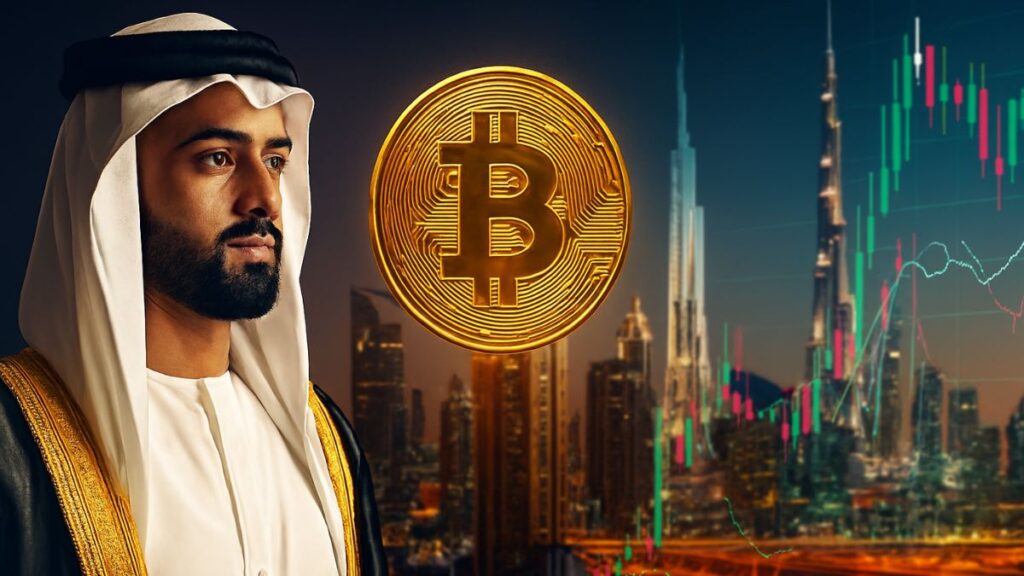Heirs from the Persian Gulf are preparing to invest an estimated $1 trillion inheritance into cryptocurrency and hedge funds, signaling a major shift from traditional real estate and family businesses toward digital and alternative assets.
One notable example is the Kanoo family, a 135-year-old Bahraini trading dynasty. In 2020, fifth-generation twins Abdulaziz and Abdullah Kanoo persuaded their family office to allocate part of its portfolio to Bitcoin. Initially met with skepticism by the investment head James Burke, the proposal was eventually approved after careful market analysis, yielding profitable returns.
Today, the Kanoo brothers have launched their own digital asset management company, investing in cryptocurrencies on behalf of other family offices, while the family office continues to allocate capital into crypto-focused hedge funds.
“Running a family business involves multiple layers of governance and risk controls before any investment decisions can be executed,” Abdullah Kanoo explained.
Analysts project that, over the coming years, Gulf heirs will inherit more than $1 trillion in assets, triggering a wave of institutionalization in private wealth management.
“This marks an unprecedented transformation of wealth in the Middle East,” said Mathias Gonzalez, Head of Investment for Barclays Private Bank in the Middle East and Switzerland.
Unlike previous generations, which focused primarily on property or traditional business, the new heirs are increasingly targeting alternative investments, including private equity, venture capital, hedge funds, ESG-driven projects, and cryptocurrencies.
Dubai and Abu Dhabi have become hubs for over 70 hedge funds, including global players like Brevan Howard and Marshall Wace. “Cryptocurrency is highly popular among local Emirati families,” noted Bhaskar Dasgupta, Head of Apex Middle East & India.
Younger investors are actively placing capital into hedge funds with exposure to digital assets, tokenized funds, or tokenized real estate, supported by growing local expertise. Edwin Lawrence, CEO of Nettlestone Capital Advisors, observed: “Family office investment teams are becoming more professional, capable of conducting independent due diligence rather than simply following bank recommendations.”
According to Tharawat research, over 70% of Middle Eastern family offices already participate in private investments, and nearly 60% are active in venture capital, funding startups. Portfolios are diversifying globally, with allocations to the U.S., Europe, and increasingly Asia, while younger generations are also prioritizing sustainable investments.
“This isn’t so much a generational clash as it is a conscious recognition of sustainability,” said Kevin Chalhoub, heir of the Chalhoub Group. “Families care about the legacy they leave, not only for their children but for the planet.”
As a reference, the UAE’s Bitcoin reserves reportedly stood at 6,333 BTC, according to Arkham Intelligence.


